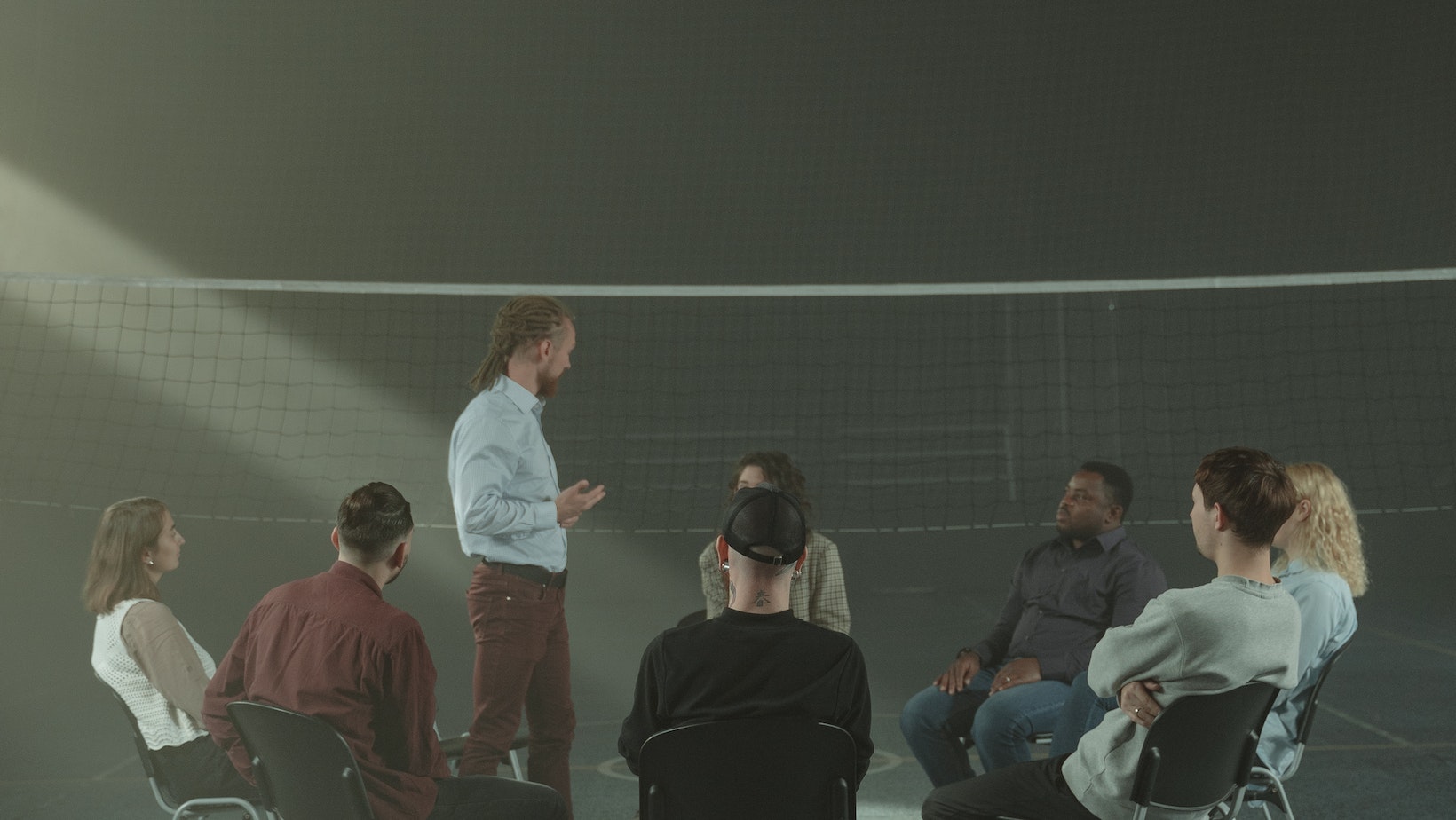Peer Relationships are more Important early on in a Person’s life Than at the End.
When it comes to a child’s development, there’s no denying the importance of peer relationships. These relationships play a pivotal role in shaping a child’s social skills, emotional growth, and overall well-being. It’s during the early stages of development that these interactions take on a significant role.
In these formative years, kids learn to communicate, cooperate, and resolve conflicts. They’re not just playing; they’re learning valuable life skills. And it’s not just about fun and games. Early peer relationships are the training ground for future interactions.
But why are these relationships so crucial early on? Well, they help children understand themselves and others. They learn about empathy, trust, and how to express themselves. The value of these early interactions can’t be overstated. They set the stage for a lifetime of healthy relationships.
The Importance of Peer Relationships in Early Life
Peer relationships are vital right from the start. They’re the primary driver shaping our social skills and emotional growth. It’s through these early interactions that we learn to communicate, cooperate, and resolve conflicts.
- Communication: As we interact and play with peers, we learn to express our thoughts and feelings. We learn what to say, how to say it, and when to say it.
- Cooperation: Through shared activities, we learn to work together. We learn to share, take turns, and collaborate to achieve common goals.
- Conflict Resolution: As we navigate disagreements and conflicts with peers, we learn to resolve issues constructively. We learn to listen, understand, and negotiate.
These essential life skills are the foundation of our emotional intelligence. They shape our ability to understand ourselves and others, to empathize, to trust, and to express ourselves.
Peer relationships in early life have a profound impact on our overall well-being. They set the tone for how we’ll handle relationships throughout our lives. We all know that the value of these early interactions can’t be overstated. Therefore, it’s fair to say that peer relationships are more important early on in a person’s life than at the end.

How Peer Relationships Affect Development
When discussing how peer relationships affect development, it’s essential to remember that these relationships are more significant early on in a person’s life than at the end. This importance is closely tied to the rapid cognitive and emotional growth occurring during childhood.
In the early stages of life, children are like sponges absorbing everything around them. This includes how they perceive and interact with their peers. Peer interactions play a pivotal role in shaping a child’s communication skills. Whether it’s sharing a toy or expressing a thought, children learn to communicate effectively through their relationships with peers.
Additionally, cooperation is another vital skill honed through early peer relationships. Children learn to work in a team, understand different perspectives, and negotiate for conflict resolution. This cooperative learning enables children to grow into adults who can work well in group settings, be it in their personal or professional lives.
Moreover, peer relationships early on in life teach children about empathy and trust. They learn to put themselves in another’s shoes, understand their feelings, and establish trust through consistent interactions. This ability to empathize and trust forms the basis for healthy relationships in adulthood.
Remember, these skills and understanding aren’t just important for their early years but also pave the way for interactions and relationships in their later life. Although peer relationships continue to influence us throughout our lives, they hold the most weight in the early stages. The foundation laid during these formative years often determines the course of a person’s subsequent relationships and interactions.
So, it’s clear that the impact of peer relationships extends beyond childhood. They play a crucial role in shaping individuals, influencing their communication, cooperation, empathy, and trust.
Building Healthy Peer Relationships
Peer relationships are more important early on in a person’s life than at the end. They’re instrumental in molding various aspects of a child’s personality and behavior. However, the challenge lies in cultivating these relationships in a healthy, positive way.
- Start by encouraging open communication. It’s the most basic, yet significant, part of any relationship. Teach children to express their feelings and thoughts freely and respectfully. Encourage them to listen and understand others’ perspectives. This facilitates mutual respect and understanding among peers.
- Teach them the importance of empathy. It’s a crucial aspect of peer relationships that allows children to understand and share the feelings of others. This understanding leads to stronger, more compassionate relationships.
- Conflict resolution is another important skill. Disagreements are inevitable in any relationship. Equip children with the ability to handle conflicts in a respectful and fair manner.
- Lastly, promote active participation in group activities. This encourages teamwork and cooperation, key elements in building strong peer relationships.
Fostering healthy peer relationships early in life sets the basis for personal and social development. It impacts how children interact with others and how they perceive themselves. Indeed, peer relationships play a significant role in shaping a person’s life.
Peer relationships are the bedrock of a child’s early development. They’re the training ground where kids learn key life skills like communication, cooperation, and conflict resolution. These early interactions mold a child’s understanding of themselves and others, fostering empathy, trust, and self-expression. It’s these relationships that lay the groundwork for a lifetime of healthy interactions.
But it’s not just about making friends. Building strong peer relationships involves teaching empathy, resolving conflicts, and encouraging active group participation. It’s through these strategies that we can help children develop resilience, adaptability, and a sense of self-worth.
Remember, fostering empathy and compassion is a continuous process, requiring reinforcement through role-playing, storytelling, and modeling empathy. We can also boost compassion by promoting community service, expressing gratitude, and encouraging kindness.
In the end, it’s clear that peer relationships are more than just playdates. They’re essential for mental health development, teaching emotional regulation, and building self-worth. It’s up to us adults to guide children in forming and maintaining these vital relationships. Because when it comes to shaping the adults of tomorrow, it’s the peer relationships of today that matter most.


